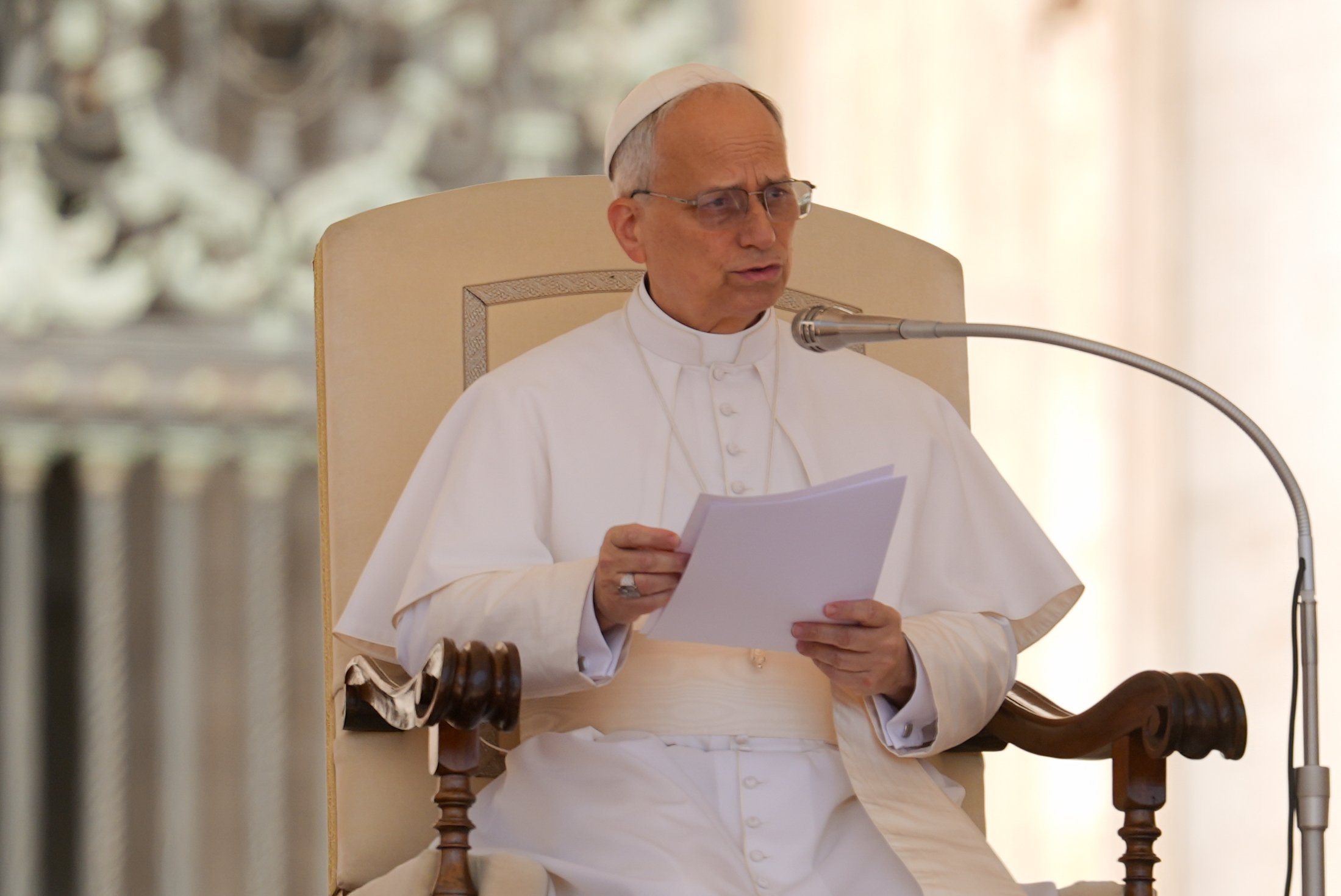April 6, 2018 at 1:53 p.m.
Gifts to CHD will support efforts for elderly, others
While many dream that their retirement years will be filled with relaxation, hobbies and pleasure, that's not the reality for many senior citizens.
According to Michael Burgess, executive director of the New York Statewide Senior Action Council, seniors now have to worry that "programs like Medicare, Medicaid, Social Security and Supplemental Security Income are being changed and cut."
To help improve the living conditions of the elderly, he said, seniors must become informed and active on the issues that affect their income as well as quality of life. A grant from the Catholic Church's Campaign for Human Development, the Church's domestic anti-poverty program, will allow the organization to do just that.
The CHD collection will be taken up in parishes throughout the Albany Diocese Nov. 23-24.
Old and poor
Mr. Burgess noted that 12 percent of the senior population lives below the poverty level, defined as having an income of $8,840 for a person living alone or $12,160 for a family of three.
Other seniors aren't doing much better. Fifty percent live on an income that is only double the poverty level. "They are more secure but not wealthy," Mr. Burgess said. "They're living on a fixed income."
With the grant money received from CHD, the Statewide Senior Action Council will train seniors to take an active role in policy making. The organization has a lot of hope that this new effort will make a difference.
"The issues are important, but having skilled, trained leaders ensures that we will be successful," Mr. Burgess stated. "We will improve the quality of life for seniors."
CHD support
This effort is one of the programs funded by CHD in the Albany Diocese, according to Al Turo, diocesan director for CHD.
Since the inception of CHD 26 years ago, 43 local projects have received funding totaling $2 million. CHD is now the nation's largest private funder of organizations that empower the poor and work to eliminate poverty and injustice.
Last year, CHD distributed $7.3 million in national grants to low-income groups to create jobs, fight crime, reform schools, improve conditions in the work place, and help people find affordable homes.
Funding goals
In order to receive funding, a project must benefit a poverty group with at least 50 percent of participants coming from the low-income community, Mr. Turo explained.
Members of the poverty group must have the dominant voice in the project, including planning and implementing. Funded projects must conform to the moral teachings of the Church and demonstrate a change from traditional approaches to poverty by attacking its basic causes and effecting institutional change.
Those criteria make CHD unique, Mr. Turo said. "We work together with the poor. It's not for them; it's with them. You can't go into a neighborhood and say `I know what your problem is and here's how we're going to fix it.'"
Success stories
Other CHD-funded projects in the Albany Diocese allow low-income people to start their own businesses, support a loan program for minority- and women-owned businesses, and back a project to assist migrant farm workers.
CHD programs have had great success, Mr. Turo said. For example, the United Tenants of Albany and the Albany Community Land Trust, established years ago with funds from CHD, are still assisting constituents.
While CHD programs have had great success in changing the lives of the poor, the number of poor continue to increase, which means CHD funds are needed even more today than when the campaign was first established, Mr. Turo said.
"When the bishops initiated the campaign in 1970, slightly less than 13 percent of the population (25.4 million people) was in poverty," Mr. Turo reported. "By 1993, the last year of available data, the poverty rate had climbed to 15.2 percent (38 million people.) This gives bleak testimony to the truthfulness of the ancient pronouncement: `The poor you will always have with you.'"
Goal for '96
The goal for this year's CHD collection is $170,000. Part of the total stays in the Diocese for social justice education, parish social justice ministry and retreats. The remainder goes to the national office, where it is distributed to organizations through the grant process.
Besides meeting immediate needs of the poor, CHD-funded programs have been instrumental in securing passage of federal and state legislation on such issues as housing, tax reform, family and medical leave, child support, family farms, migrant workers, brown lung disease, and the Community Reinvestment Act.
(11-21-96) [[In-content Ad]]
MORE NEWS STORIES
- AI offers opportunities, but should be governed by ethical policy framework, bishops say
- LA archbishop calls for prayer, restraint, reform amid immigration protests
- Latest from Pew Research: Christianity up in sub-Saharan Africa, down worldwide due to those leaving the faith
- Father Rupnik’s mosaics disappear from Vatican News
- Serve the Holy See by striving for holiness, pope tells officials, staff
- Nicene Creed presents ‘the mystery that unites’ Christians, pope says
- Full text: Pope Leo XIV homily for Pentecost
- Pope on Pentecost: God’s love breaks down walls, opens borders, dispels hatred
- Washington Roundup: Breakdown of Trump-Musk relationship, wrongly deported man returned
- National Eucharistic Pilgrimage protests, Wisconsin Catholic Charities, Uganda terrorists thwarted | Week in Review







Comments:
You must login to comment.